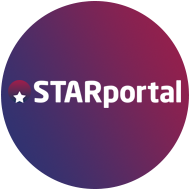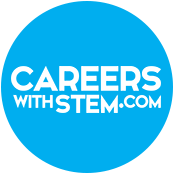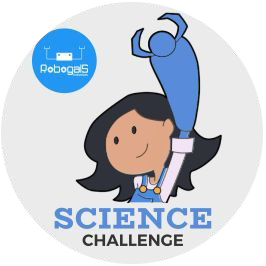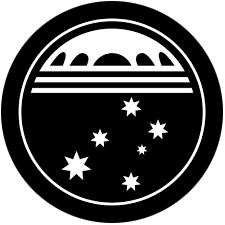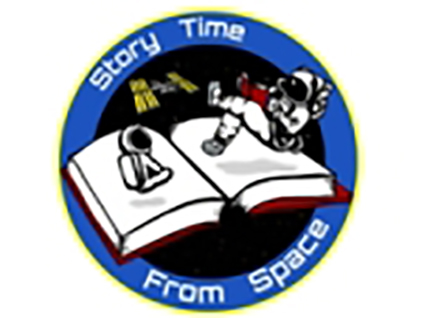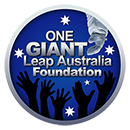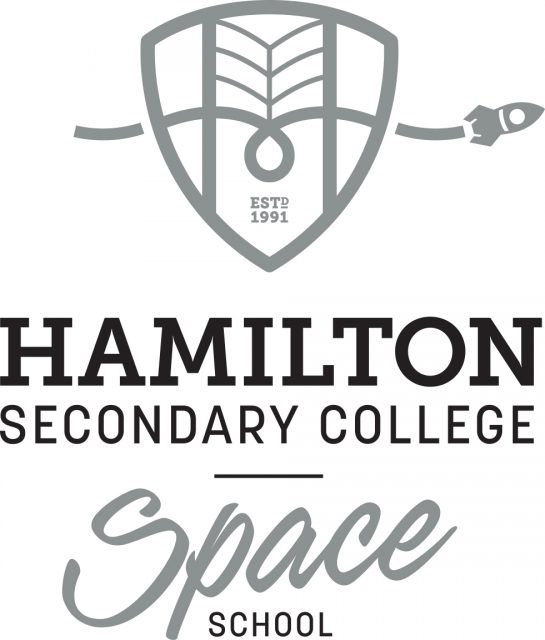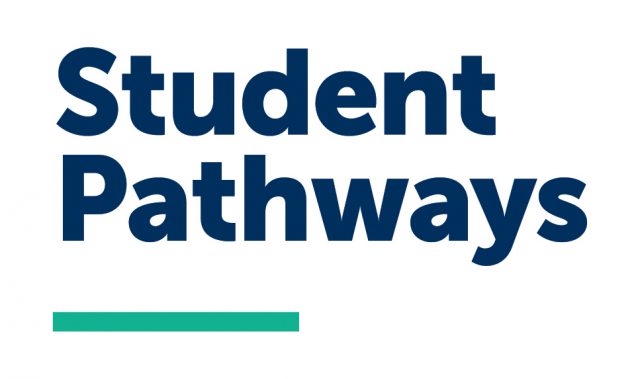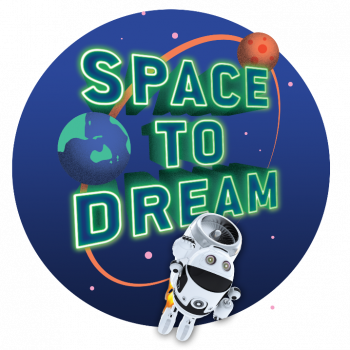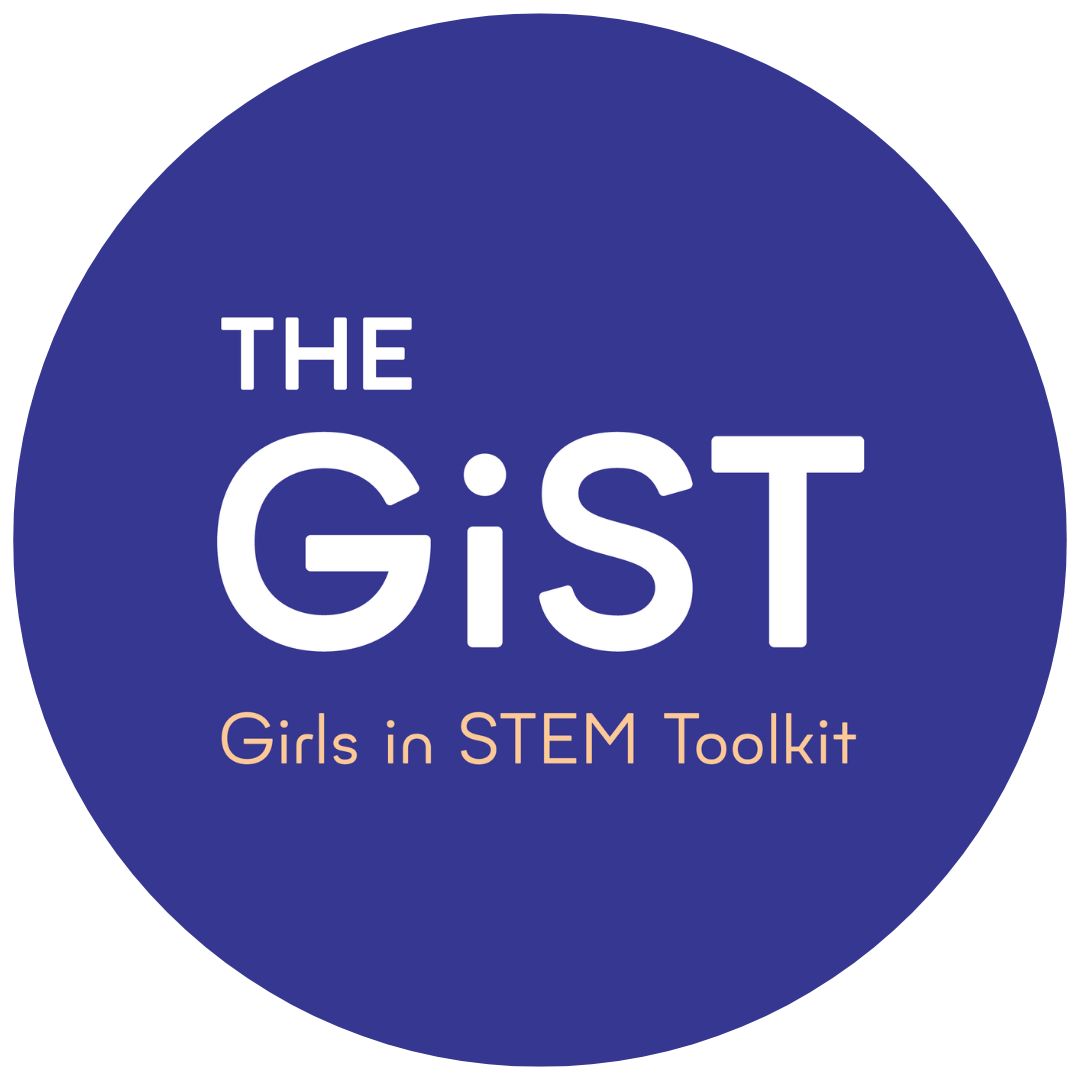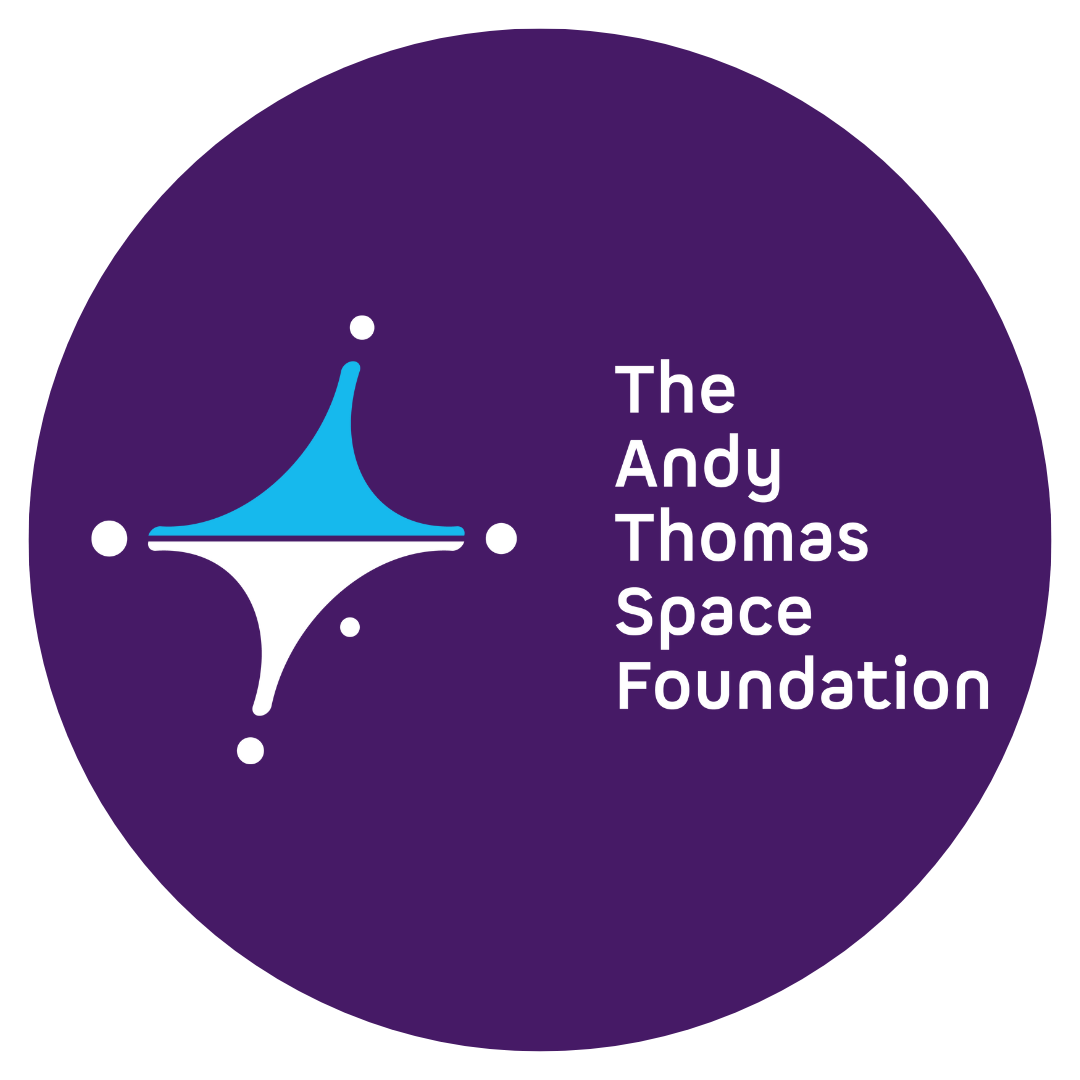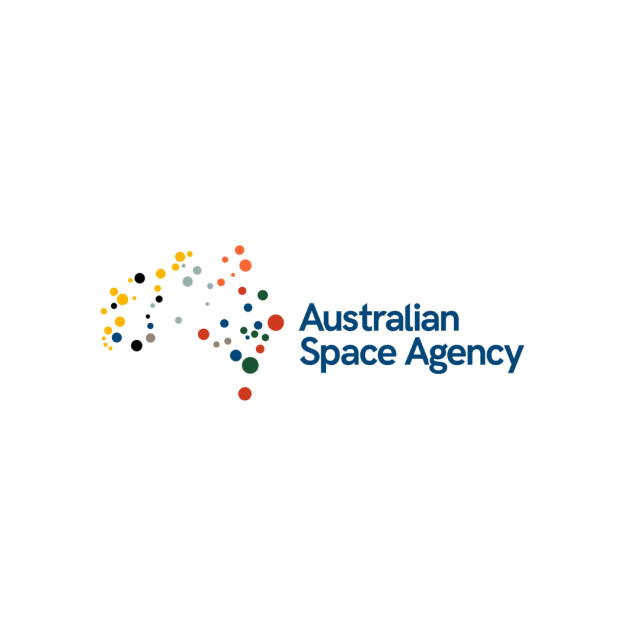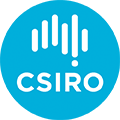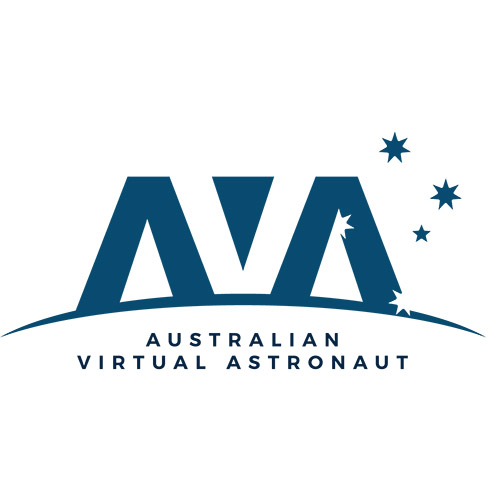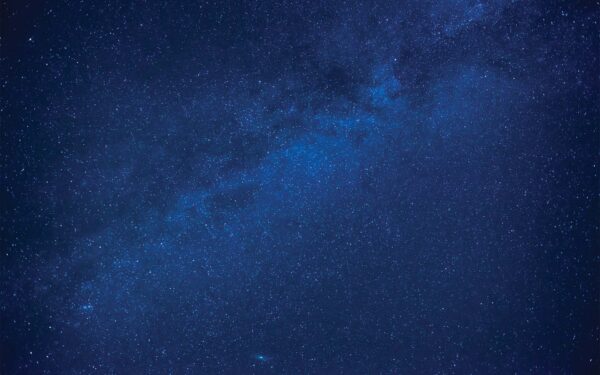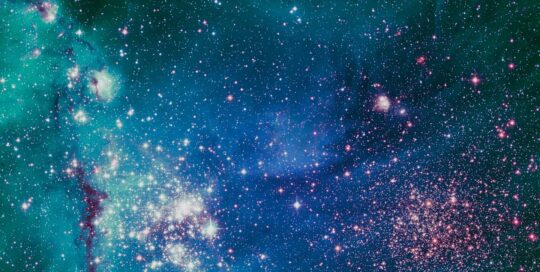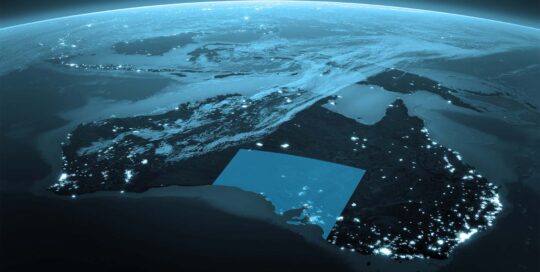South Australia’s space industry is entering an exciting period of growth and development. With real career opportunities starting to evolve for our future workforce, the South Australian Space Industry Centre is committed to encouraging young people with a passion for space to pursue their goals. Below are a range of educational resources and programs available to help inform, encourage and support the next generation of South Australian leaders.
The STARportal is Australia’s first centralised national portal for exciting and engaging STEM activities from around the country. This searchable database connects parents, students and teachers with their local and online STEM activities that inspire young people to explore, discover, and create.
The Careers with STEM hub is a student-focussed online resource promoting STEM career pathways. The website also highlights a diverse range of STEM role models as well as a variety of resources for students, parents and teachers. A full backlog of the Careers with STEM magazine are also available to read online for free.
The Robogals Science Challenge is a global online STEM competition for girls and gender diverse students aged 5 to 15. It aims to promote innovation and exploration through hands-on projects, which can be completed with a friend, parent, or mentor.
The National Youth Science Forum (NYSF) Year 12 Program is a 10-day residential program designed to give students a broader understanding of the diverse study and career options available in science, technology, engineering and mathematics and to encourage continued studies in these fields.
Story Time from Space is a project of the Global Space Education Foundation, a not-for-profit education foundation, where children’s books are sent to the International Space Station to be read by the astronauts and videoed for students and young people to enjoy.
The Re-Engineering Australia Foundation (REA) develops and runs a number of educational outreach programs that promote STEM education in primary and secondary schools. The Space in Schools program challenges students to form a virtual design company making a bid to design a Bio-Medical Space Hub, build a 3D model of their design and present their ideas to a team of industry judges.
The Space Foundation Discovery Center in Colorado, US is an interactive, education-focused museum that promotes science, technology, engineering, art and mathematics in the context of space exploration, development and utilisation. The resource library contains a collection of free online video lessons with a focus on space, space exploration and STEM.
One Giant Leap Australia creates unique, immersive learning experiences to develop and enhance mathematical, scientific and technological literacy, as well as the critical skills of problem solving, critical analysis and creative thinking needed to thrive in the working environment now and in the future. The organisation has forged strong working relationships and partnerships to build and maintain student interest and aspiration in STEM.
They manage programs such as Space-Teams.com or We Speak Science
The Orbital Index is a concise and technical weekly newsletter highlighting developments in space science and exploration, NewSpace startups, and other related content. Subscribe to receive their newsletter.
Hamilton Secondary College is proudly the only school in South Australia with a designated facility and specialist curriculum to lead space education. The Space Centre and Mission to Mars program provides students with an exciting and unique educational experience. The Space program is supported by a growing number of industry partners who share our vision and goal to be a global leader in space education.
Student Pathways takes you from school to the world of work. Explore careers in demand across South Australia, know what to study, connect with employers, and build your CV.
Space to Dream invites students to use design thinking to design a toy or gadget for someone their age who is moving to Mars. It includes free access to 3D design tools from Makers Empire and there are tips from former NASA Astronaut and Space Mission Commander Pamela Melroy on what needs to be considered when designing an object that will be used in Space.
The Girls in STEM Toolkit (The GiST) provides girls and young women with resources to help them understand how their existing skills and interests can link to STEM careers and study pathways. The Toolkit aims to:
- build girls’ confidence around STEM subjects
- support teachers and families to engage meaningfully with girls about pursuing careers in STEM
- showcase STEM programs and activities relating to STEM and provide a range of role models for girls and young women.
The GiST is funded by the Australian Government Department of Industry, Science and Resources and managed by Education Services Australia.
The Foundation’s Education Fund creates diverse and accessible educational opportunities for Australian students and researchers at primary, high school, tertiary, post-graduate study and research levels by offering financial assistance and industry opportunities in the form of scholarships, awards, internships and prizes for students and schools.
The space sector needs all sorts of skills and types of people. The Australian Space Agency has developed a range of resources to help you discover all the possible space career pathways.
We also encourage you to visit the Australian Space Discovery Centre in Lot Fourteen for an interactive opportunity to learn more about space!
The Global Learning and Observations to Benefit the Environment (GLOBE) Program is a NASA sponsored science and education program providing students and the public worldwide with opportunities to participate in data collection, scientific process, and meaningful contributions to our understanding of Earth systems and the global environment.
Students in Years 5 to 10 have the opportunity to complete a 9-step STEM design sprint based on challenges facing NASA’s Artemis and the Australian space industry. AVA teams will choose from a set of five scenarios (Earth Observation, Robotics, Home on the Moon, Growing Food in Space or AI in Space) and design a solution presented in the form of either a 90-second video pitch or poster. Developed by Fizzics Education & STEM Industry School Partnerships and supported by AWS in Communities.
